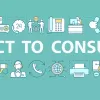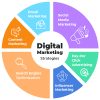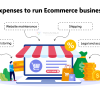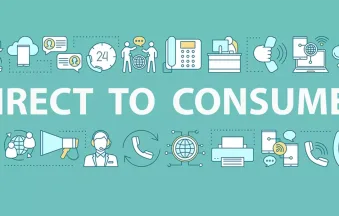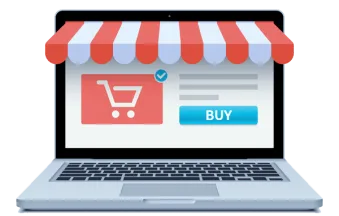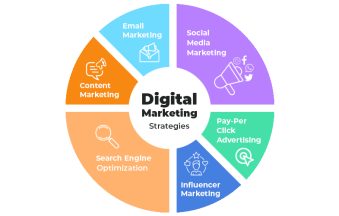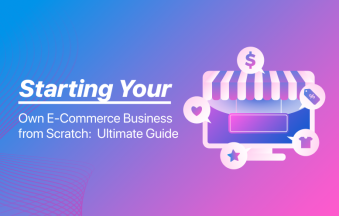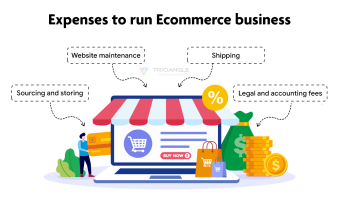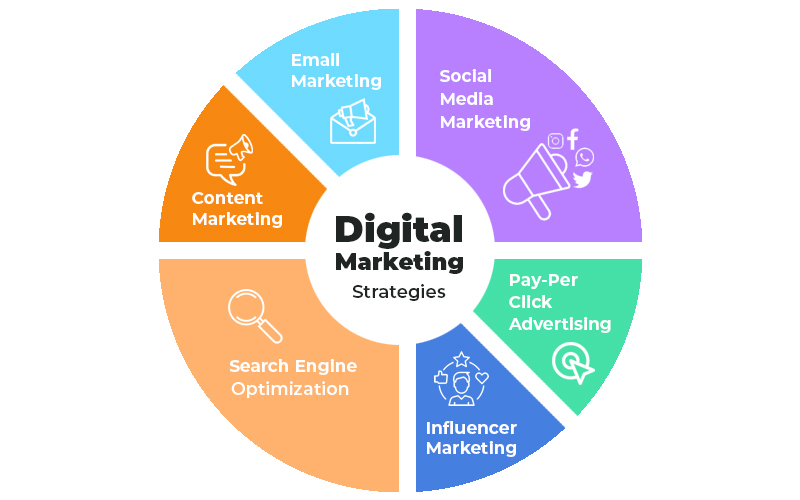
Effective Marketing Strategies for E-commerce Success
In the ever-evolving world of e-commerce, businesses need to adopt smart marketing strategies to stand out and drive sales. Here are some proven techniques to help grow your online store and attract more customers.
1. Social Media Marketing
Social media platforms like Facebook, Instagram, and TikTok provide powerful tools to promote your products. Leverage these platforms by:
- Running paid advertisements targeting specific demographics.
- Engaging with customers through interactive content, polls, and giveaways.
- Collaborating with influencers to expand brand reach.
2. Search Engine Optimization (SEO)
Optimize your website and product pages to rank higher in search engine results. Essential SEO techniques include:
- Using relevant keywords in product descriptions and blog content.
- Improving website speed and mobile-friendliness.
- Earning backlinks from authoritative websites to boost credibility.
3. Email Marketing
Email marketing remains a cost-effective way to nurture leads and retain customers. Strategies include:
- Sending personalized product recommendations based on past purchases.
- Offering exclusive discounts and limited-time promotions.
- Sharing informative content like blogs and how-to guides to build trust.
4. Pay-Per-Click (PPC) Advertising
Running PPC campaigns through Google Ads and social media can drive immediate traffic. Consider:
- Targeting specific keywords with high conversion potential.
- Creating compelling ad copy with strong calls to action.
- Retargeting past visitors to encourage repeat purchases.
5. Content Marketing
Providing valuable content helps build brand authority and attract organic traffic. Content marketing strategies include:
- Writing blog posts addressing common customer questions.
- Creating engaging videos showcasing product usage and benefits.
- Hosting live Q&A sessions and webinars to interact with the audience.
6. Affiliate Marketing
Partnering with affiliates can expand your customer base without upfront advertising costs. Benefits of affiliate marketing include:
- Increased brand exposure through trusted influencers and bloggers.
- Paying commissions only for successful sales, ensuring cost efficiency.
- Building a network of promoters who actively market your products.
7. Customer Loyalty Programs
Retaining customers is as important as acquiring new ones. Implement loyalty programs such as:
- Reward points for every purchase that can be redeemed later.
- Exclusive discounts for repeat customers and referral incentives.
- Special early access to new products for loyal customers.
8. User-Generated Content (UGC)
Encouraging customers to share their experiences creates authenticity and boosts credibility. Strategies include:
- Featuring customer reviews and testimonials on product pages.
- Running hashtag campaigns encouraging users to post product pictures.
- Offering discounts to customers who share video reviews.
9. Multi-Channel Selling
Expanding your presence across different marketplaces increases sales potential. Options include:
- Selling on Amazon, eBay, and other major platforms in addition to your website.
- Integrating inventory and order management for seamless operation.
- Utilizing social commerce features on Instagram, Facebook, and Pinterest.
10. Data-Driven Decision Making
Analyzing customer data helps refine marketing strategies and improve sales performance. Key data points include:
- Customer purchase behavior and preferences.
- Website traffic sources and conversion rates.
- Performance metrics from ads and email campaigns.
By implementing these effective marketing strategies, e-commerce businesses can drive traffic, enhance customer engagement, and increase sales. Stay ahead of the competition by continuously adapting to market trends and consumer preferences.



